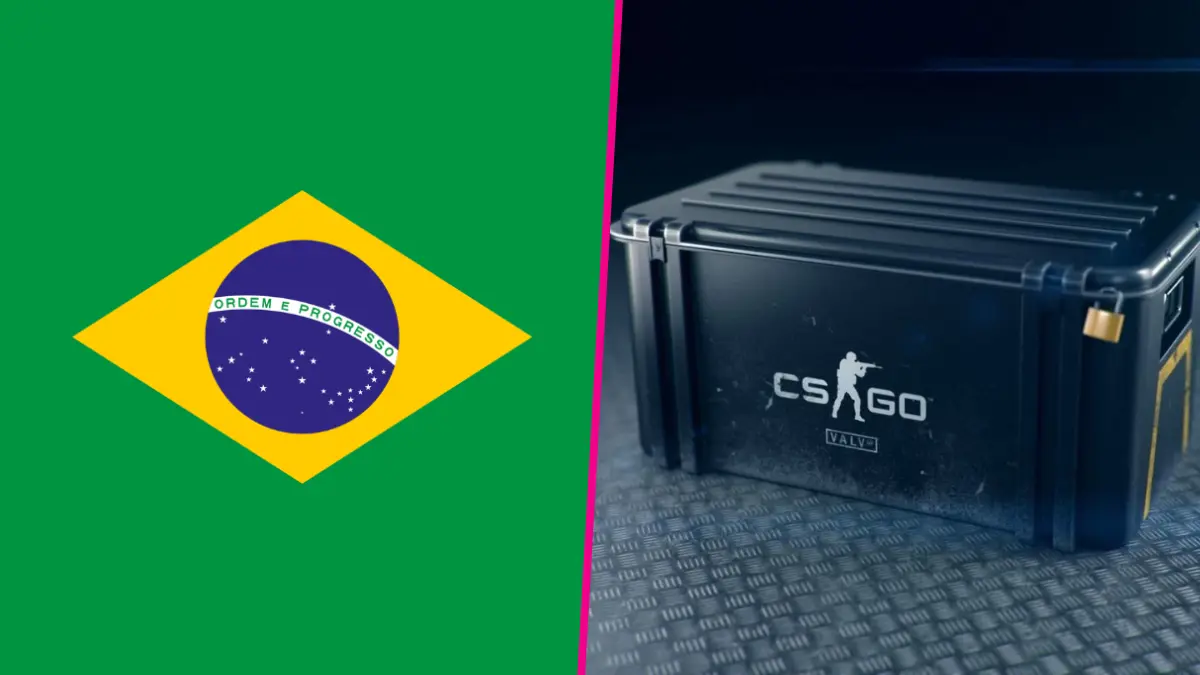Brazil just made a big move in the gaming industry. President Luiz Inácio Lula da Silva signed Lei 15.211/25 into law, making Brazil the latest country to crack down on loot boxes for minors. Starting March 2026, any game accessible to players under 18 can’t offer paid random rewards.
The law targets what it calls “paid randomized-reward mechanics”—basically any system where players spend real money for a chance at virtual items. Think FIFA Ultimate Team packs, Counter-Strike cases, or gacha pulls in mobile games. If kids can play it, loot boxes are out.
Companies that break the rules face serious consequences. We’re talking fines up to 10% of their Brazilian revenue, capped at R$50m (about $8.2m) per violation. The government can also suspend their operations or ban them from Brazil entirely.
This puts major publishers in a tough spot. EA will have to choose between rating FC26 as adults-only in Brazil or removing Ultimate Team packs for Brazilian players. Valve faces the same dilemma with Counter-Strike 2 and Dota 2. Mobile giants with gacha games need to rethink their entire business model for the Brazilian market.
Brazil joins a growing list of countries taking action against loot boxes. Belgium banned them outright in 2018, calling them illegal gambling. The Netherlands has gone back and forth on enforcement. The UK stopped short of a ban but pushed for better parental controls. China requires companies to disclose drop rates and limits spending.
What makes Brazil’s approach unique is the 15-month grace period. Publishers have until March 2026 to figure out their strategy. Some might add age verification systems. Others could create Brazil-specific versions without loot boxes. The laziest option? Just slap an 18+ rating on everything.
Pack it up, kids
Brazilian gamers under 18 had better start saving their allowance for direct purchases instead of gambling on card packs. The days of begging mom for her credit card to buy “just one more pack” are numbered. For everyone else, get ready for a lot more age verification pop-ups in your future.
The timing is interesting given Brazil’s recent embrace of online sports betting. The government seems fine with adults gambling but draws a hard line when it comes to kids. It’s part of a broader child protection law package that aims to make the internet safer for minors.

